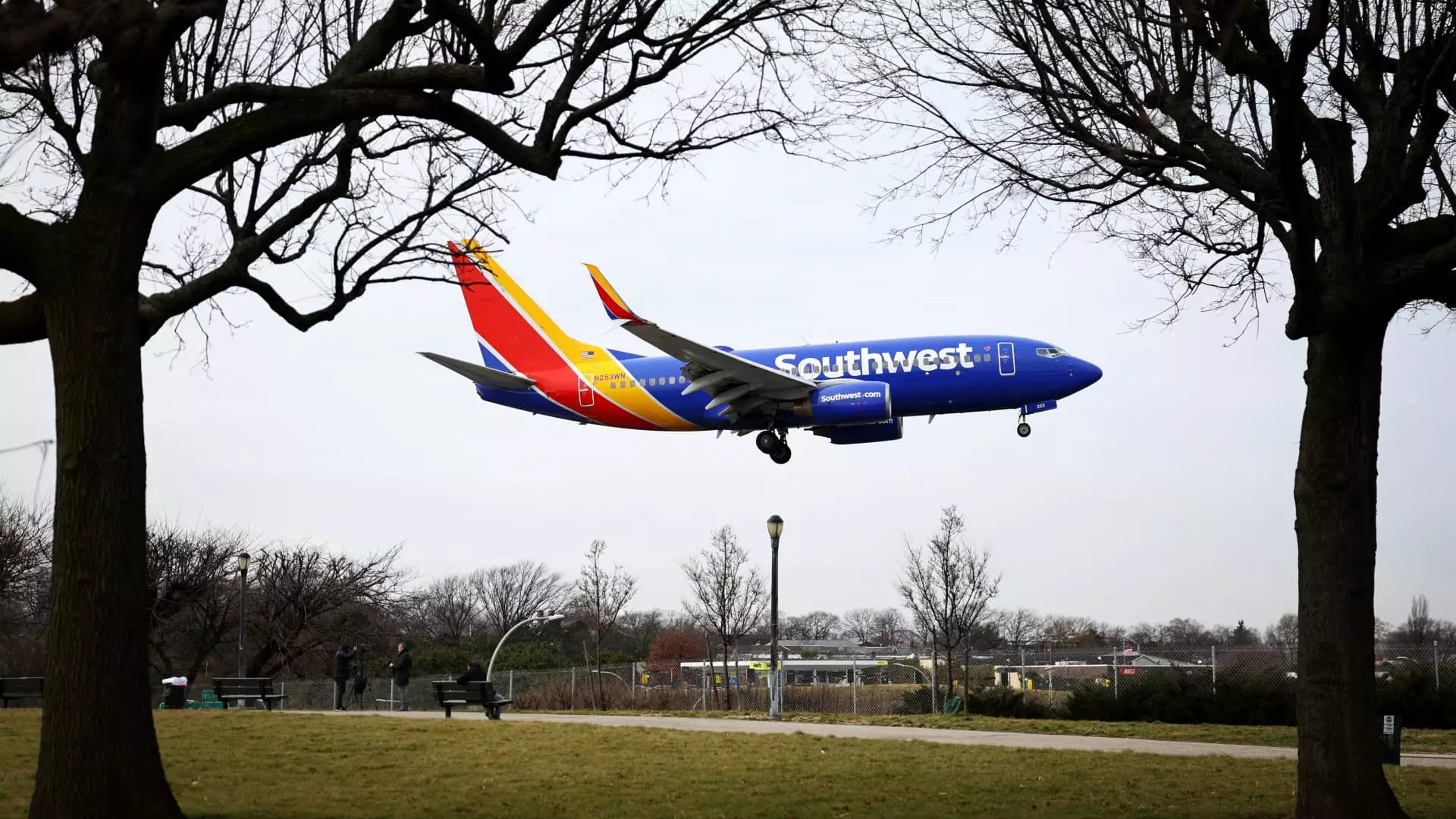Elliott Management, an activist hedge fund, has recently acquired a significant stake in Southwest Airlines amounting to $1.9 billion. The hedge fund has expressed its intentions to instigate leadership changes at Southwest Airlines, citing the airline’s decline from being a “best-in-class” carrier to one of the biggest laggards in the industry. Elliott is specifically targeting the replacement of CEO Bob Jordan and chair Gary Kelly, advocating for outside candidates to assume these roles. This move by Elliott signifies a significant shakeup in the airline’s management structure and signals the fund’s dissatisfaction with the current leadership team at Southwest.
Elliott Management’s critical assessment of Southwest Airlines’ performance under the leadership of Bob Jordan and Gary Kelly is reflected in their belief that the airline has underperformed compared to its competitors. The hedge fund points to a period of “stunning underperformance” during Jordan and Kelly’s tenure, highlighting the need for immediate leadership changes to steer the airline back on a path to success. Elliott’s evaluation of Southwest’s decline from a top-tier carrier to a laggard in the industry underscores the urgency of the situation and the need for swift action to address the airline’s challenges.
Elliott’s Stake in Southwest
With a $1.9 billion stake in Southwest Airlines, Elliott Management has become one of the airline’s largest shareholders, indicating a significant financial interest in the company’s future performance and strategic direction. The size of Elliott’s investment underscores the fund’s commitment to driving changes at Southwest to unlock value for shareholders and enhance the airline’s competitiveness in a challenging market environment. By leveraging its substantial stake, Elliott is poised to influence key decisions at Southwest and shape the course of the airline’s operations in the coming months.
Southwest Airlines has faced a series of challenges in recent years, including delays in receiving new Boeing 737 Max planes, changing travel demand patterns post-pandemic, and increased competition from rival airlines offering more amenities and services to travelers. These challenges have put pressure on Southwest’s leadership team to devise new strategies to boost revenue, improve operational efficiency, and enhance the customer experience. The airline’s consideration of changes such as altering its seating class and boarding method highlights its efforts to adapt to evolving market conditions and regain its competitive edge.
The performance of Southwest Airlines relative to its competitors, such as Delta Air Lines and United Airlines, reflects the broader dynamics of the airline industry and the varying fortunes of different carriers. While Southwest has experienced a decline in its stock price by over 50% in the past three years, Delta’s shares have seen a modest increase, and United’s shares have declined marginally. This comparison underscores the competitive pressures facing airlines in a post-pandemic recovery environment and the importance of strategic decision-making by airline management to navigate these challenges effectively.
Elliott Management’s campaign against Southwest Airlines highlights the complexities and challenges facing the airline industry in a rapidly evolving market landscape. The push for leadership changes, coupled with Southwest’s internal efforts to address operational issues and enhance competitiveness, underscores the critical juncture at which the airline finds itself. As Southwest navigates these challenges and implements strategic shifts to revitalize its business, the outcomes of Elliott’s campaign and the airline’s response will shape its trajectory in the competitive airline market.

